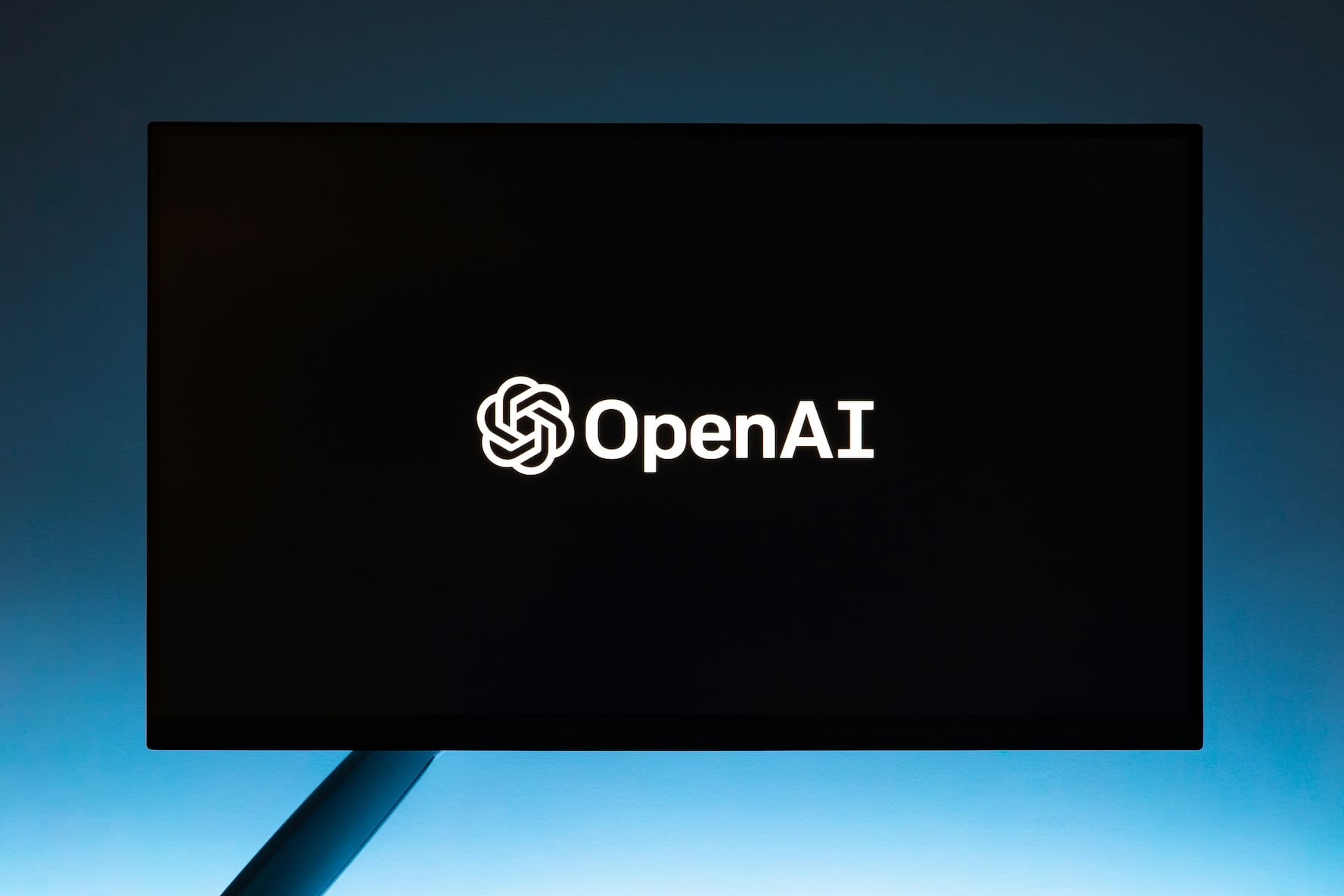OpenAI, the artificial intelligence company behind advanced technologies like ChatGPT, is looking to significantly expand its computing capacity beyond its main partner, Microsoft. According to internal sources, OpenAI has started conversations to use other data center providers, including Oracle, as it accelerates its expansion in the realm of advanced computing.
The news comes after OpenAI recently announced raising $6.6 billion in capital, highlighting its intention to expand its operations on a large scale. During a talk with employees, the CFO, Sarah Friar, mentioned that the company will have greater control over data center selection and the supply of specialized AI chips, a move that could allow them to reduce costs and improve their infrastructure.
Despite Microsoft being OpenAI’s main cloud provider since its inception, the company seems to be seeking alternatives. According to The Information, Friar informed shareholders that Microsoft has not progressed fast enough in building the necessary infrastructure capabilities for OpenAI’s growth. This situation has been exacerbated by the rapid expansion of competitors like xAI, Elon Musk’s company, which recently deployed a massive computing cluster in Memphis.
OpenAI has already taken concrete steps to diversify its infrastructure partners. In June, the company signed an agreement with Oracle to rent servers at a data center under construction in Abilene, Texas. Although Microsoft was mentioned in the press release for that agreement, The Information notes that its involvement in the project is limited, as they will only rent the servers and then provide them to OpenAI. This would allow Microsoft to maintain its exclusive provider status on paper, although in reality, OpenAI is expanding its horizons.
The Oracle data center in Abilene, which will be operational by mid-2026, will have a capacity close to 1 GW, but OpenAI is in talks to rent all available space. If Oracle can unlock more electrical power, the site’s capacity could double to 2 GW, marking a significant increase in OpenAI’s computing capabilities.
Furthermore, OpenAI continues to explore the possibility of building its own 5 GW data center, internally nicknamed ‘Stargate,’ without Microsoft’s involvement. This ambitious project, with an estimated cost of over $100 billion, faces significant challenges, especially in terms of funding and power availability. OpenAI CEO, Sam Altman, has mentioned that costs could be reduced if the company develops its own custom chips, but it is not yet clear how advanced this plan is.
As OpenAI focuses on expanding its infrastructure capabilities, the demand for generative AI computing is reaching unprecedented levels. Advanced data processing and large-scale model training capabilities require enormous amounts of energy and resources. This challenge has led major tech companies to invest heavily in data centers, which are becoming a key component of the future of the AI industry.
While Microsoft remains an important strategic partner for OpenAI, the need to advance more rapidly in expanding its data centers has pushed the company to look beyond its traditional partner. Oracle, with its new infrastructure in Texas, could be a key ally in this growth stage, providing the necessary capacity for OpenAI to maintain its development pace.
The future of OpenAI’s technological infrastructure will be crucial to maintaining its leadership position in the field of artificial intelligence. With projects like Stargate on the horizon and strategic partnerships with other data center providers, the company is positioning itself to address the challenges and opportunities that will come in the coming years.
OpenAI’s commitment to expanding its infrastructure beyond Microsoft reflects the growing demand for computational capacity in the field of artificial intelligence. Agreements with Oracle and the possibility of building their mega data center underscore the company’s ambition to continue leading innovation in artificial intelligence. While it remains to be seen how these projects will materialize, it is clear that OpenAI is willing to make strategic decisions to ensure its growth and capability in the future.
via: DCD

